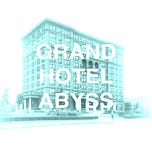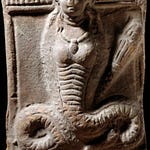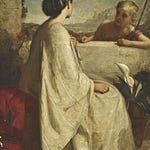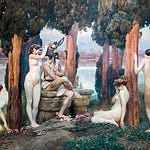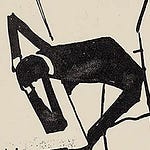Welcome back to The Invisible College, my series of literature courses for paid subscribers. The 2024 syllabus can be found here. This lecture, of which the first 10 minutes are free, is the third of four on George Eliot’s Middlemarch (1871-2). We consider the representation of early democratic politics in the novel and perhaps the birth of political moderation (“Burke with a leaven of Shelley”); Eliot’s depiction of technological and social progress as typified by the coming of the railroad, with a comparison to the contemporary political archetype of the “hicklib,” and a discussion of the universal Christianity Eliot seems to promote; the novel’s view of art itself as frivolous and damaging when not connected to reality and to a higher purpose; and Eliot’s ambiguous portrayal of love and marriage, rooted and rootless, realist and Romantic, conservative and rebellious. Finally, we consider some early criticism of Middlemarch: an anonymous Victorian reviewers and Leslie Stephen (AKA Virginia Woolf’s father) pronouncing it too didactic and theoretical, and a young Henry James deeming it excessively attentive to the trivial. Please like, share, comment, and enjoy!—and please offer a paid subscription so you don’t miss the rest of our reading of Middlemarch, not to mention the archive of episodes on modern British literature from Blake to Beckett, our previous sequence on the works of Joyce, including Ulysses, and our upcoming focus on American literature, including Moby-Dick. The slideshow corresponding to the lecture can be downloaded here:
Listen to this episode with a 7-day free trial
Subscribe to Grand Hotel Abyss to listen to this post and get 7 days of free access to the full post archives.


